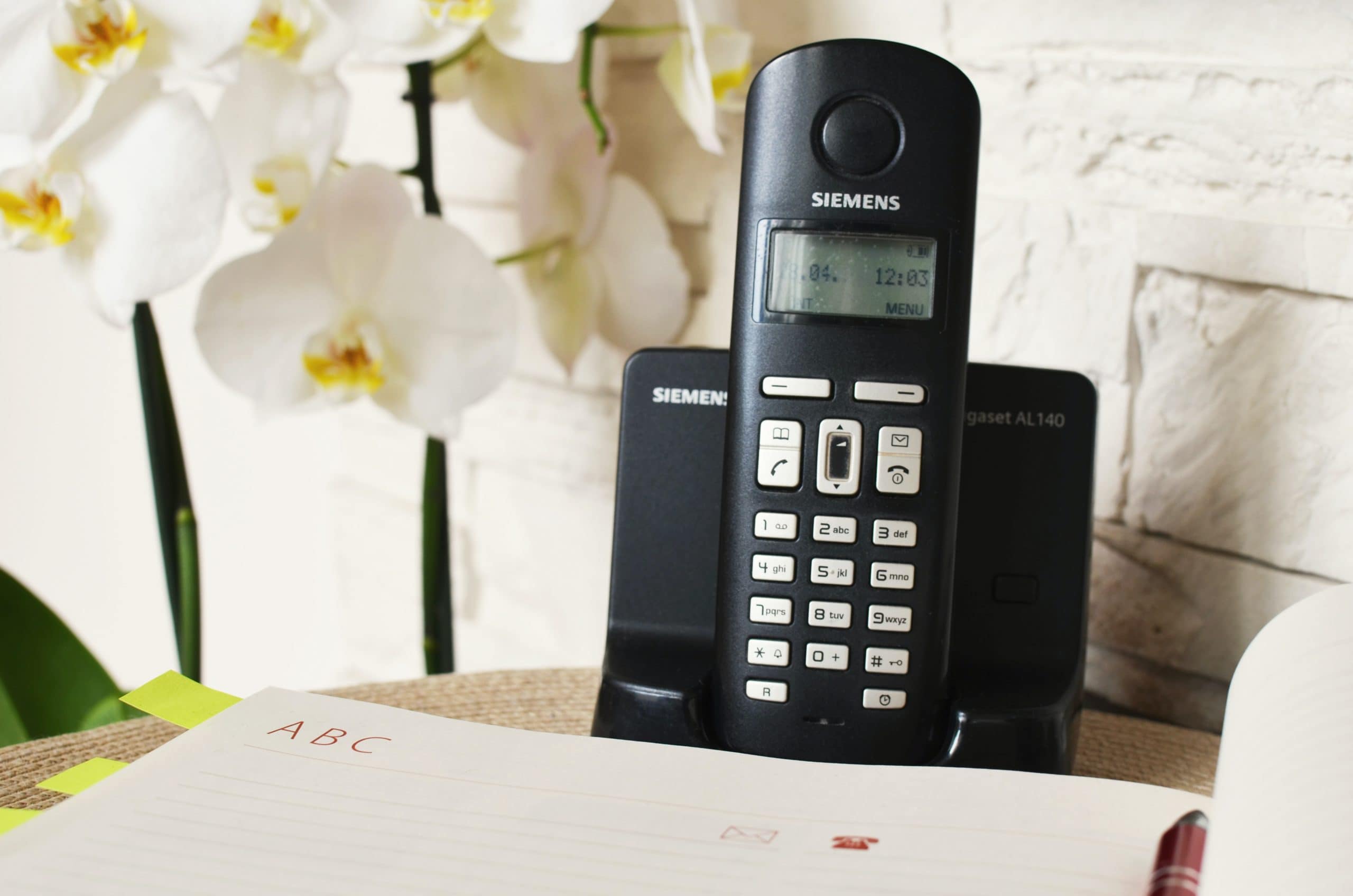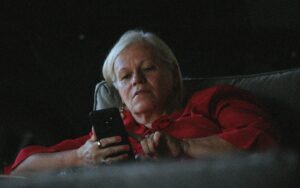In April, the U.S. Supreme Court settled the question of what qualifies as an autodialer (also called an automatic telephone dialing system) under the Telephone Consumer Protection Act (“TCPA”) in its decision in Facebook v. Duguid. The Court ultimately held that a TCPA autodialer must use a random or sequential number generator to store phone numbers and then dial them.
In the wake of Facebook, lower courts have been tasked with applying that definition to cases pending before them. This week, a North Carolina federal court addressed the definition issue, holding that a telemarketer must actually use a random or sequential number generator to produce, store, and dial phone numbers to constitute use of a TCPA autodialer. The case is captioned Barnett v. Bank of America (EDNC.).
How does the Barnett decision clarify the TCPA autodialer definition?
In April, we wrote about the Maine and Colorado decisions that were among the first to directly address the autodialer definition issues present in the Facebook decision. The Barnett decision follows the same path as that of the Supreme Court but includes more helpful detail. In Barnett, the Court describes Bank of America’s process for cultivating a contact list as using multiple factors. In other words, Bank of America created its targeted called party list intentionally. This factor is crucial when one considers the TCPA prohibition at issue in the case. The TCPA prohibits companies from placing calls or sending text messages with equipment that uses a random or sequential number generator to produce, store, and dial the phone numbers to be called during a telemarketing campaign. The Barnett Court found that Bank of America’s dialing equipment took numbers from a pre-selected list but did not use a random or sequential number generator in the process of placing the telemarketing calls at issue.
The evidence in Barnett showed that the Avaya equipment Bank of America utilized neither used a random or sequential number generator to store or produce numbers nor to dial them. While the Avaya system recognizes when the recipient does not pick up the phone and can schedule a call back, the Court found that that fact does not show that the equipment uses a random or sequential number generator to dial telephone numbers. Based on this evidence, the Court granted summary judgment in favor of Bank of America on all of the TCPA autodialer claims before it.
Why does the Barnett decision matter to your business?
The Barnett decision advances the law on what constitutes a TCPA autodialer in a positive way for the telemarketing industry. While each set of facts and each type of dialing equipment is unique, this decision supports the argument that dialing from a contact list that the company intentionally cultivated and refined is TCPA compliant. The Supreme Court explained that the TCPA’s purpose is to prevent the type of random or sequential dialing that would tie up multiple phone lines at a business or, more importantly, even call emergency phone lines. It appears that the district courts that have addressed the Facebook decision thus far have all agreed that using contact lists prepared with intention, instead of assembled through random number generation, does not violate the TCPA. These results are in keeping with the Congressional intent behind creating the TCPA.
Hire experienced TCPA attorneys.
The TCPA is an ever-evolving statute. Hundreds of judges across the country have TCPA claims pending before them, and each judge must make her or his own decision in how to apply the Facebook decision to the particular facts before the court. As with all things involving human decision making, the results may inevitably vary from judge to judge. That is one of the many reasons why you should hire a team of experienced TCPA attorneys to help you stay TCPA compliant and avoid ending up in front of a court of law. The attorneys at Klein Moynihan Turco focus on telemarketing compliance and TCPA litigation defense. If your business needs assistance with updating or creating telemarketing policies, please email us at info@kleinmoynihan.com or call us at (212) 246-0900.
The material contained herein is provided for informational purposes only and is not legal advice, nor is it a substitute for obtaining legal advice from an attorney. Each situation is unique, and you should not act or rely on any information contained herein without seeking the advice of an experienced attorney.
Attorney Advertising
Related Blog Posts:
Split Decision: 5th and 11th Circuits Diverge on TCPA Standing




